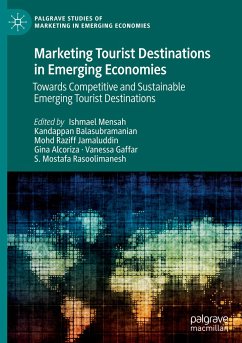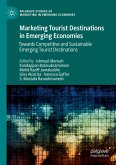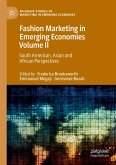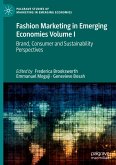While tourism is a key economic generator for many countries, emerging economies are confronted with additional challenges that those well-established destinations in North America, Australia and Europe normally don't have to contend with. The potential for terrorism, political unrest, natural disasters, accidents - not to mention epidemics - have the potential to derail tourism in emerging economies. To mitigate these risks, emerging destinations need well-coordinated management and marketing strategies. However, most texts on tourism destination marketing reflect destinations in more advanced countries.
This book acknowledges the fact that emerging tourist destinations have unique characteristics and challenges, which have implications for destination marketing. Highlighting the marketing challenges, best practices and strategies relevant to emerging economies, this book covers core topics such as image creation and branding, destination marketing during crises and pandemics, market segmentation and the travel decision making process among others.
Providing up to date knowledge on an otherwise under-explored topic, this collection is ideal reading for upper-level students, researchers and policymakers.
This book acknowledges the fact that emerging tourist destinations have unique characteristics and challenges, which have implications for destination marketing. Highlighting the marketing challenges, best practices and strategies relevant to emerging economies, this book covers core topics such as image creation and branding, destination marketing during crises and pandemics, market segmentation and the travel decision making process among others.
Providing up to date knowledge on an otherwise under-explored topic, this collection is ideal reading for upper-level students, researchers and policymakers.








